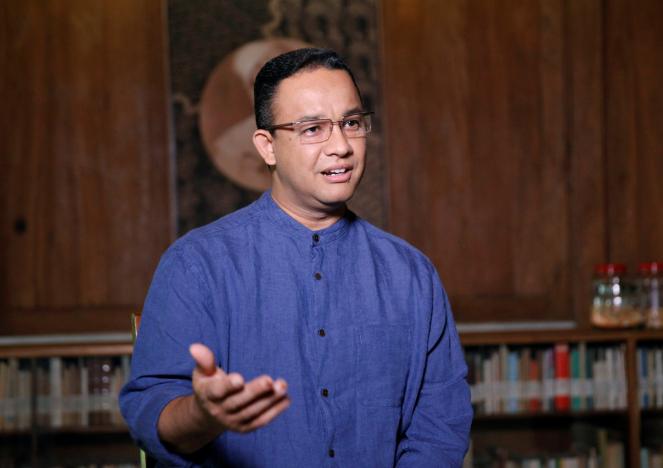Jakarta Governor Anies Baswedan yesterday signed a Gubernatorial Instruction (Ingub) instructing the provincial government to adopt several measures related to carbon emissions in the capital as both his administration and the central government are facing increased pressure to solve an air pollution crisis in Jakarta.
As reported by CNN Indonesia, the main new policies outlined in the Ingub are an expansion of the odd-even traffic rule, which only allows vehicles with odd-numbered license plates to drive on certain roads on odd-numbered dates and vice versa, as well as an increase in parking fees, particularly in areas with ample public transportation systems.
The governor also plans to limit the age of public transportation vehicles to 10 years while speeding up the procurement of new buses. In addition, he wants to impose a congestion pricing policy that would tax motorists using certain roads based on congestion levels.
Once strategies are drafted for their implementation by relevant agencies, the policies can be enforced as soon as they are approved by gubernatorial decree. The policies are slated for implementation before the end of the year, with the odd-even rule expansion — details for which have not yet been disclosed — expected to come into effect in the coming summer months.
If the policies sound familiar to many Jakartans, that’s because they already existed under Anies’ predecessors. For example, as pointed out by CNN Indonesia, the 10-year public transportation vehicle limit already exists as a Gubernatorial Decree (Pergub) passed by former Governor Basuki “Ahok” Tjahaja Purnama, while the congestion pricing policy appears to be a superficial variation of the Electronic Road Pricing (ERP) system first proposed under then-Governor Joko Widodo, which is supposed to begin operating this year but has been beset by numerous delays, including under Anies’ administration.
At the very least, Governor Anies’ Ingub is hopefully a sign that his administration is ready to act to tackle Jakarta’s air pollution problems that have been increasingly criticized by the public. In early July, a group of Jakarta residents filed a lawsuit against the government over the toxic levels of air pollution that regularly blanket the city. Parties named in the lawsuit include President Joko Widodo, as well as the Ministry of Environment and Forestry, Ministry of Health, and Governor Anies. The plaintiffs — which include activists, office workers and motorcycle taxi drivers — want to raise awareness about the issue and force the government to act.




